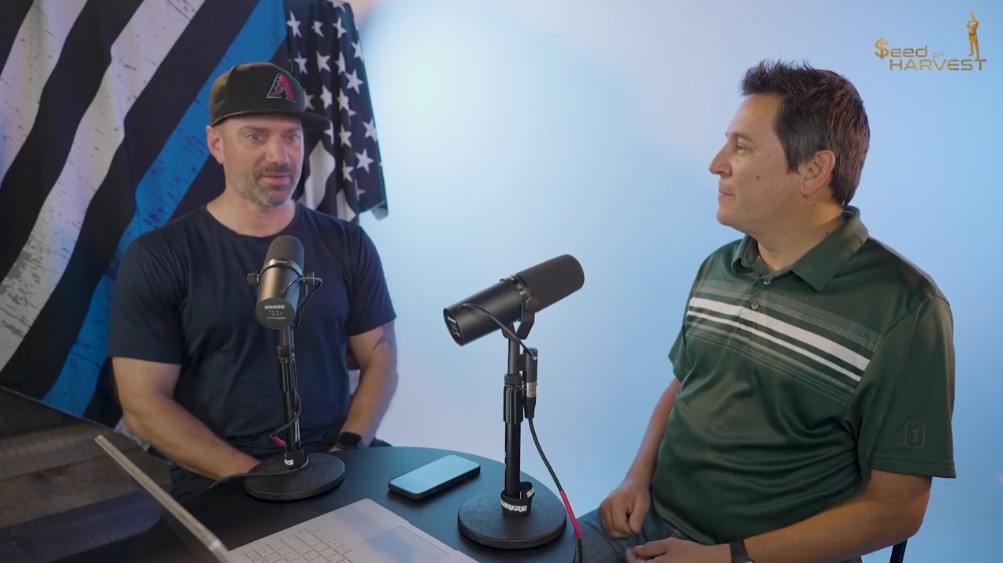Retiring from Law Enforcement: Law Enforcement Officer
Many people misjudge their income’s place within national tax brackets, often assuming it’s more common than it is. IRS data shows that the top 5–10% of earners bear a significant tax burden, making them particularly vulnerable to future tax increases. This uncertainty creates challenges for long-term financial planning, especially for those relying on qualified plans like 401(k)s, which defer taxes but leave individuals exposed to unpredictable future rates. While these plans offer short-term benefits, the government retains control over tax rates and withdrawal rules, adding an element of risk to retirement savings.
Retiring from Law Enforcement: Law Enforcement Officer Read More »





